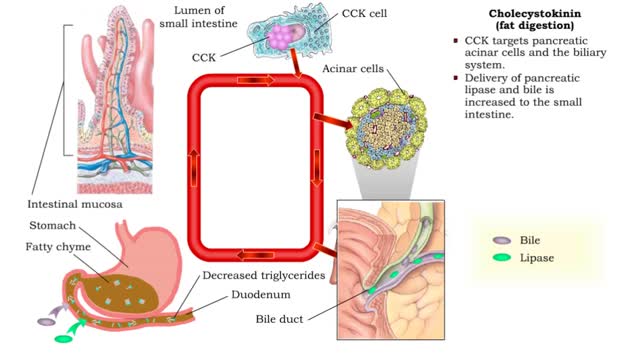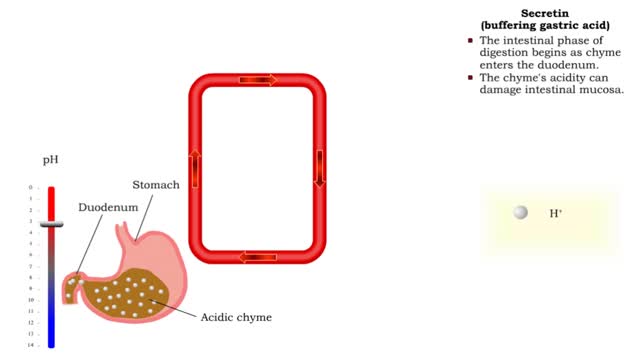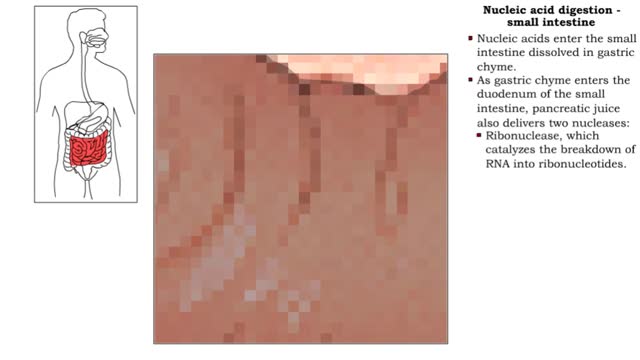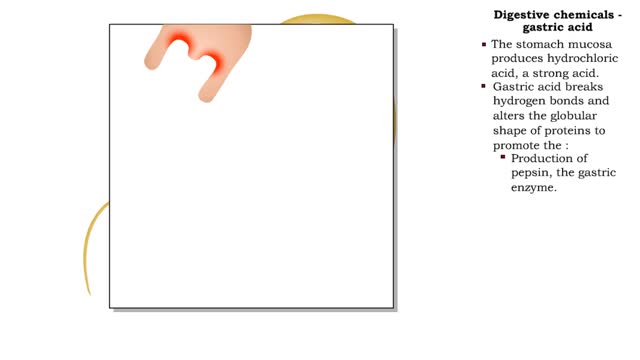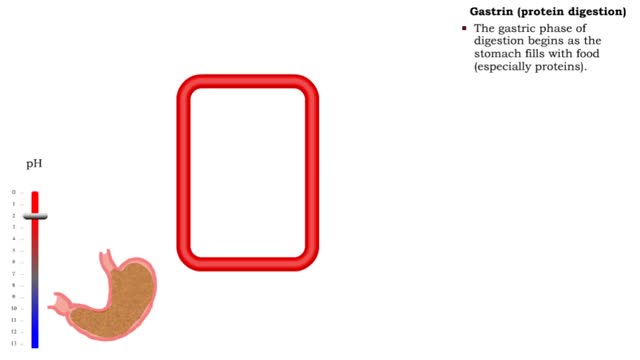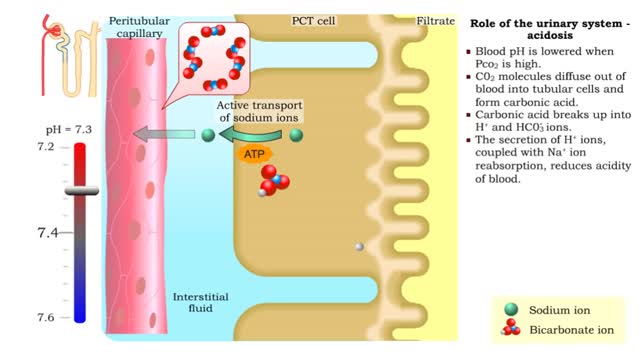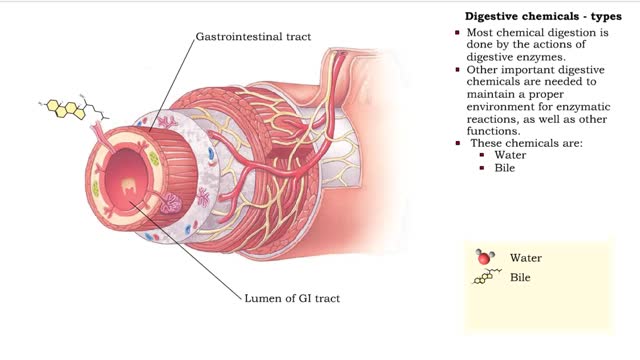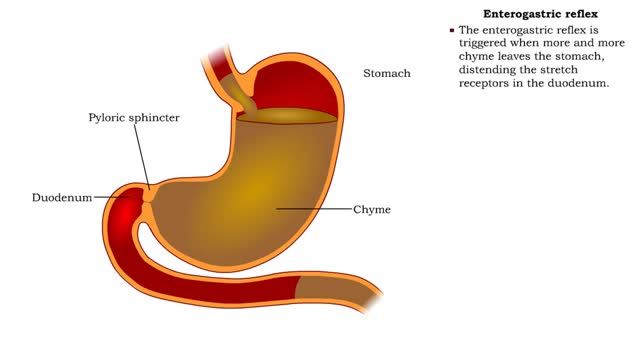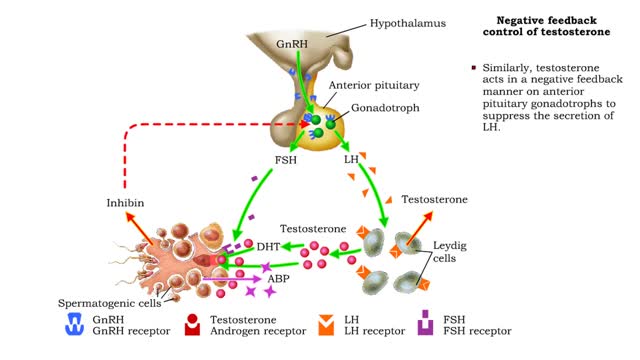Search Results
Results for: 'inhibiting gastric acid secretion'
Secretin (inhibiting gastric acid secretion), Cholecystokinin (fat digestion) & Cholecystokinin
By: HWC, Views: 6387
• As chyme approaches the small intestine, secretin also targets acid-producing parietal cells in the gastric mucosa. • Increased secretin inhibits gastric add secretion. • With less gastric acid produced, the chyme going into the intestine is less acidic. • The hormone CCK also reg...
Gastrin (gastric emptying) & Secretin (buffering gastric acid)
By: HWC, Views: 6202
• Gastrin also binds to the smooth muscle cells in the stomach causing: • Increased gastric motility. • Opening of pyloric sphincter. • Increased gastric emptying. • The intestinal phase of digestion begins as chyme enters the duodenum. • The chyme's acidity can damage int...
Nucleic acid digestion -small intestine
By: HWC, Views: 6717
Nucleic acid digestion, which takes place in the small intestine, involves: • Pancreatic nucleases. • Brush-border enzymes in the small intestine. • Nucleic acids enter the small intestine dissolved in gastric chyme. • As gastric chyme enters the duodenum of the small intestine, p...
Digestive chemicals - water, gastric acid, bile & bicarbonate
By: HWC, Views: 6347
• Water is the most abundant molecule in ingested fluids. • Water plays a primary role in hydrolytic digestive reactions. • Helps liquefy and transport digestive foodstuffs down the tract. • Transports secretions from accessory digestive organs to gastrointestinal tract. • Aids ...
By: HWC, Views: 6629
The endocrine system maintains many body conditions within normal limits with feedback loops. Each endocrine feedback loop maintains homeostasis using the following components: • Stimulus - a change in a body condition. • Production cell - an endocrine cell that produces a hormone after b...
Role of the urinary system - acidosis and alkalosis
By: HWC, Views: 6869
• Tubular cells of the proximal convoluted tubule and collecting tubules can alter filtrate pH and therefore blood pH. • These cells can affect blood pH with two coupled mechanisms: • Reabsorption of bicarbonate ions. • Secretion of hydrogen ions. • The reabsorption of bicarbonate...
Digestive chemicals - types & enzymes
By: HWC, Views: 6612
• Chemical digestion breaks down food as it moves through the digestive tract. • Using enzymes and other digestive chemicals, the process reduces food particles into nutrient molecules that can be absorbed. • Most chemical digestion is done by the actions of digestive enzymes. • O...
Stomach peristalsis & Enterogastric reflex
By: HWC, Views: 6061
• Food enters, distending the stomach. • Stretch receptors activate enteric reflexes that promote peristaltic movements. • These movements, called mixing waves, begin to mix the food with stomach secretions. • Mixing waves force the digesting food (chyme) toward and through the pylo...
Male Reproductive System - Testosterone
By: HWC, Views: 7214
• Under the influence of FSH and testosterone, Sertoli cells produce androgen-binding protein (ABP) that binds to testosterone and maintains high levels of the hormone near spermatogenic cells. • Testosterone stimulates the final stages of spermatogenesis. • In addition, testosterone is...
Advertisement



